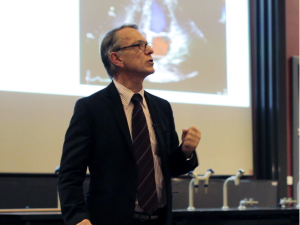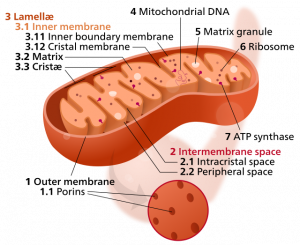Heart disease. The evidence from clinical studies is increasing. Selenium deficiency is associated with an increased risk of heart trouble [Bomer 2020]. Selenium supplementation of elderly individuals who have low selenium status is associated with improved survival, improved heart function, and improved quality of life [Alehagen 2013].

Especially in northern Europe, clinical studies show the relationship between the need for selenium and the risk of heart disease. This makes sense because the dietary selenium intake in northern Europe is considerably lower than the dietary selenium intake in much of the United States. Consequently, the mean plasma selenium concentrations in Europe tend to be well below 80–90 mcg/L. In the USA, on the other hand, the mean plasma selenium concentrations are generally above 120 mcg/L [Alehagen 2022].





